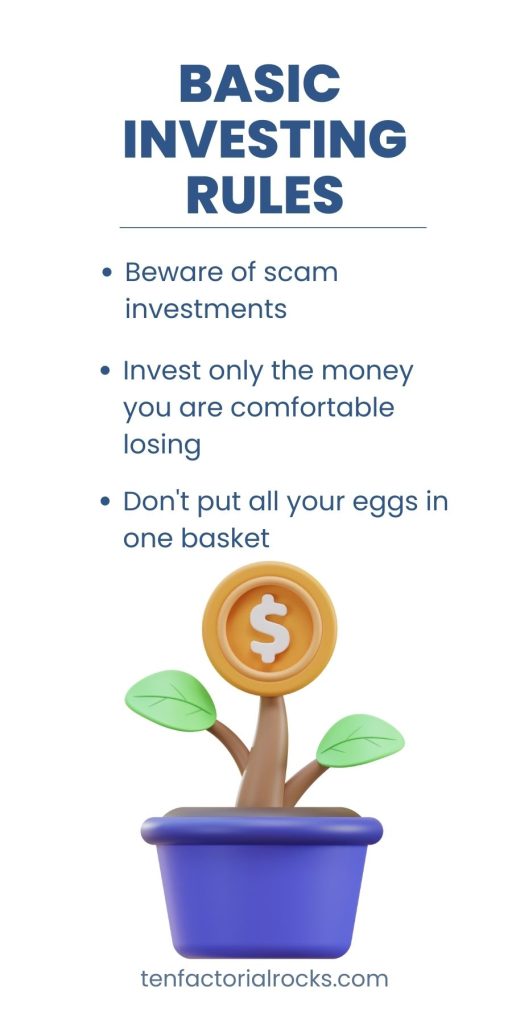Lifestyle creep occurs when spending rises in step with income. Each raise, bonus, or promotion can bring new opportunities, and new temptations. A nicer apartment, premium vacations, or frequent fine dining may feel deserved after years of hard work. While there’s nothing wrong with enjoying success, the danger lies in how small upgrades accumulate over time.
People rarely notice this shift because it happens gradually. What begins as an occasional splurge can easily become a routine expectation. Over the years, the pattern can quietly erode savings and make financial freedom harder to reach.
When Lifestyle Upgrades Cross the Line

Freepik | cookie_studio | Lifestyle creep turns dangerous when spending exceeds savings.
Enhancing life as income grows makes sense. After all, comfort and reward are natural motivators. Yet, lifestyle creep becomes risky when spending outpaces saving. That’s when short-term enjoyment starts to compromise long-term stability.
Some clear signs of problematic lifestyle inflation include:
1. Spending impulsively on items or experiences with little value.
2. Increasing fixed expenses like luxury cars or high-end apartments.
3. Chasing status or comparing possessions with others.
4. Reducing contributions to savings or retirement accounts.
When spending habits shift faster than financial goals, it’s easy to end up working harder just to sustain the same lifestyle.
How Lifestyle Creep Impacts Financial Security
Even small increases in spending can have long-term effects. Consider someone who boosts annual expenses by $50,000 after a pay raise. Over time, that extra spending doesn’t just reduce savings, it also raises the amount needed to sustain that lifestyle in retirement.
Let’s look at two scenarios:
Scenario 1:
A person earning enough to save $70,000 per year decides to spend $50,000 more annually on luxuries. Their retirement expenses rise to $250,000 a year in today’s dollars. The chance of maintaining this lifestyle comfortably in retirement drops to around 75%.
Scenario 2:
If that same person increases spending by just $25,000 instead, they save $45,000 per year and require $225,000 in retirement income. This balanced approach raises their success rate to 85%, giving them more flexibility to retire early or spend more later.
The takeaway? Every dollar spent today affects tomorrow’s financial independence.
Smart Ways to Prevent Lifestyle Creep
Avoiding lifestyle creep doesn’t mean cutting out joy or living with guilt. It’s about balance, planning, and staying aware of priorities. A few smart strategies can help maintain control:
1. Increase Savings with Every Raise
When income grows, direct a percentage of the raise toward savings before adjusting expenses. Automating contributions to investment or retirement accounts ensures progress without temptation.
2. Track Spending Regularly
Budgeting apps or monthly reviews can reveal subtle spending patterns. Seeing where money goes encourages smarter decisions and helps prevent wasteful habits.
3. Avoid Comparing with Others
Keeping up with peers can drive unnecessary spending. Focusing on personal goals and values builds satisfaction that doesn’t depend on external validation.
4. Set Lifestyle Limits
Defining what feels “comfortable enough” helps avoid constant upgrades. Once major needs are met, additional spending rarely adds lasting happiness.
5. Focus on Experiences, Not Possessions
Research shows that memories often bring more fulfillment than material goods. Vacations, hobbies, or time with loved ones provide lasting value without recurring costs.
Balancing Present Comfort and Future Freedom

Freepik | olia danilevich | The secret to long-term financial health is balancing the enjoyment of hard work's rewards with future safety.
The key to long-term financial health lies in intentional decision-making. Enjoying the rewards of hard work is fine, as long as those rewards don’t compromise future security. Every purchase should balance present satisfaction with future peace of mind.
When considering upgrades, ask:
Does this expense align with long-term priorities?
Will it still feel valuable six months from now?
How does it affect savings or investment goals?
Answering honestly ensures money supports lasting happiness, not fleeting satisfaction.
A balanced approach allows both joy and stability. Thoughtful spending enhances daily life, while saving and investing create freedom. The most successful individuals don’t deny themselves comfort—they choose it wisely.
Lifestyle creep can be subtle, but awareness helps keep it in check. By making deliberate choices and adjusting spending intentionally, it’s possible to enjoy success today while building a secure tomorrow. Financial growth can empower rather than restrict when guided by purpose.

